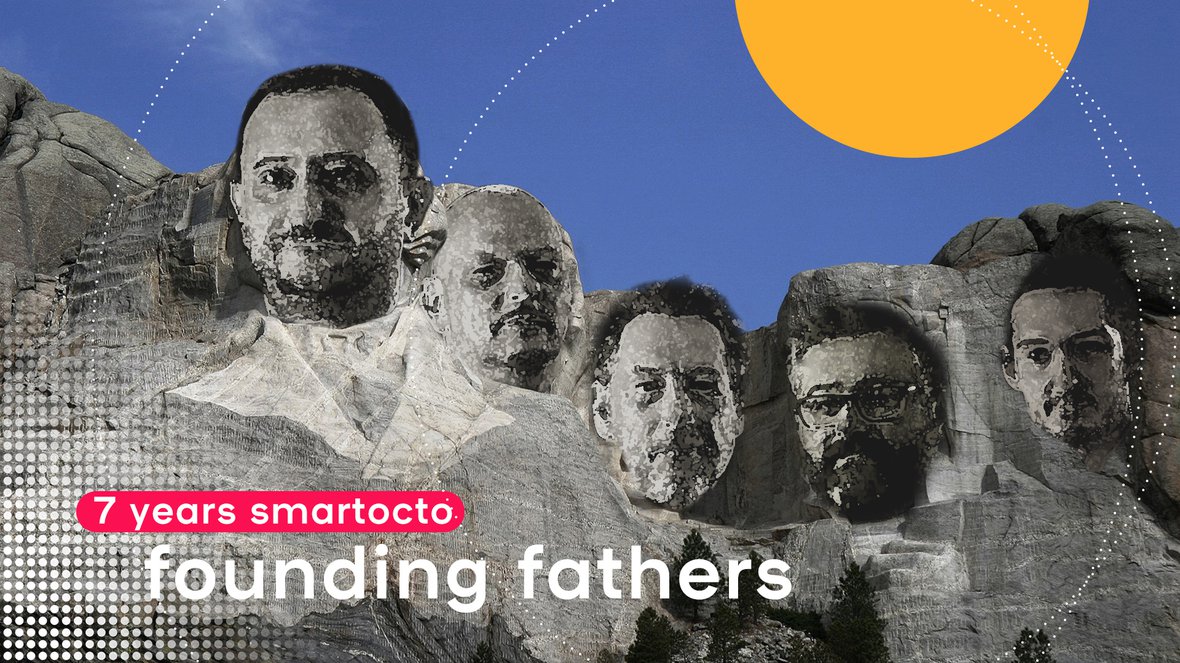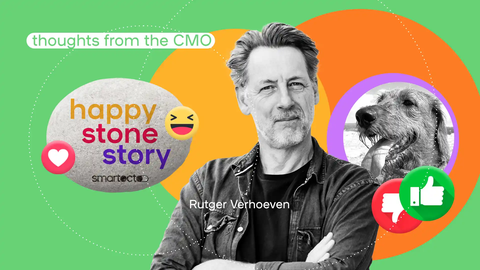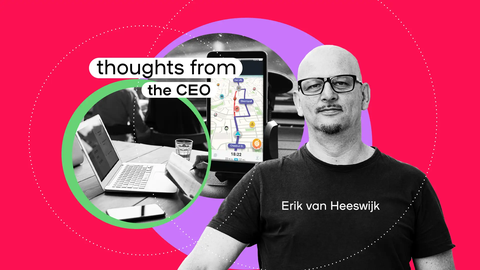If you had to start a new business in a completely different field, what would you do?
Erik: "I am really scared to think about this, because If I were a serial entrepreneur, I would probably die of a heart attack, but, I do have some ideas. Maybe building a sort of Youtube/TedTalk for inspirational and interesting content that really inspires people, or helping journalistic media that exercises press freedom under difficult circumstances, or building a political database where in real time all the votes of cities or countries in Europe are collected and policy becomes 100% transparent. I am sure my wife would try to talk me out of most of it, and I cannot blame her for it. She knows."
Ilija: "I would start a new startup in the field of quantum technologies!"
Dragutin: "Well, I would do something around medicine in combination with technology, agriculture, some solution for early warnings or prediction to be used in the civil sector."
Rutger: "I am worried about our planet and what is left of it for my kids, and theirs even more. I follow 'The Happy Activist' on LinkedIn to follow initiatives across the globe that bring purpose and are connected to ’saving the planet’ in a positive and constructive way. So maybe I’d put my energy into an initiative like that. But on the other hand my true dream is to create a motion picture … So who knows?! Perhaps I’ll just put all my efforts into realising that dream and create the new Pulp Fiction (never settle for less right?)"
Dejan: "Everything I ever did was always leaning on my previous or current job or business. It’s like a flow. I notice a problem and try to solve it. So, it’s difficult for me to change fields. But, it would definitely have to do something with solving things with biochemistry for the greater health of humans."


